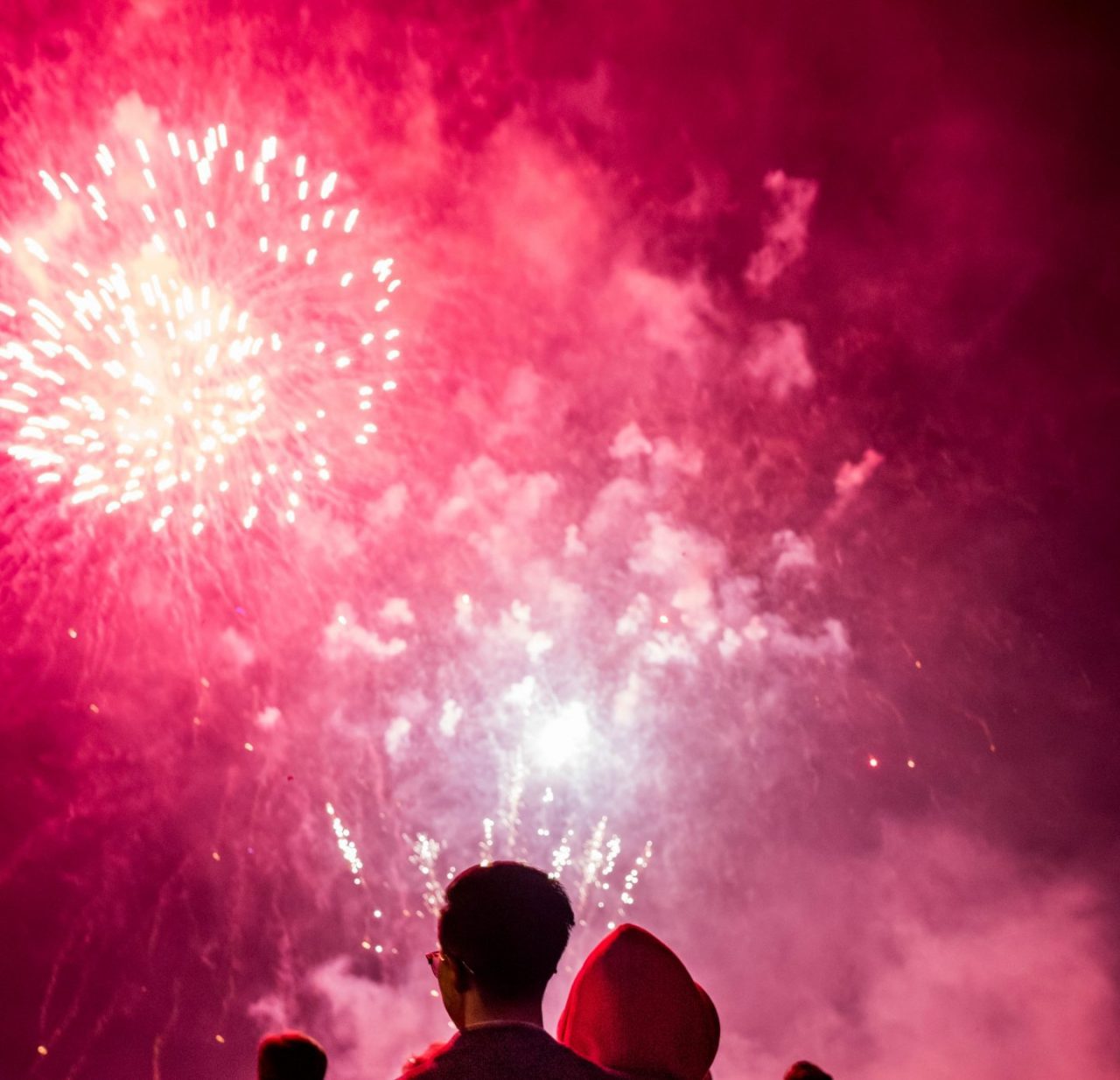Why do clubs need to be wary of the dangers of fireworks?

Anti-social behaviour associated with the firework period has become a major issue for many communities in the UK.
Bonfire night and the days running up to Guy Fawkes night are traditionally some of the busiest nights of the year for clubs. They are also very busy times for the police, the fire brigade and other emergency services. The anti-social use of fireworks and resulting damage upon property are a serious concern. Fire and fireworks pose a threat to all types of buildings, including commercial and industrial premises, and to business continuity.
How should clubs prepare for bonfire night?
The risk posed by fireworks, whether as a result of anti-social behaviour, or merely an accident caused by burning debris, can be significantly reduced by observing the following basic precautions:
Ensure that all areas of the premises are made secure at the end of the working day and doors, windows, skylights and other possible means of entry through which fireworks could be introduced are properly closed and locked.
In areas where the risk of antisocial behaviour is perceived as high, consideration should be given to protecting letter boxes internally with proprietary metal containers, designed to contain fires from lighted materials such as fireworks. A number of such products are widely available, including those which incorporate an automatic fire extinguisher, offering enhanced protection.
Many insurance policies have specific requirements in this respect so please check your own policy wording to clarify:
Timber pallets, plastic crates and other combustible materials stored in the open should be kept to a minimum and located a suitable distance away from the buildings. Take particular care to ensure that all yards and open areas surrounding the premises are clear of accumulated rubbish and that waste bins are appropriately located and secured.
Flammable liquids and gases should be confined to their designated storage facilities. Vegetation surrounding the buildings should be cut back and removed.
Whilst mainly focusing on bonfire night, these measures will also apply to other events which attract the use of fireworks such as New Year celebrations and Diwali, and to reducing the risk of malicious fires in general.
5 useful tips for sports and social clubs this bonfire night:
A bonfire should be located at least 15 metres from other areas, buildings, roads, railways and public rights of way, downwind from the spectators and a safe distance from flammable materials such as fuel oil, LPG stores and overhead power lines.Check the bonfire structure is sound and does not have small children or animals inside it before lighting it. Do not use petrol or paraffin to light the fire.Think about the wind direction and where the smoke may go. Think about the impact it may have on local roads, housing, spectator areas.Have only one person responsible for lighting the fire. That person should wear suitable clothing; a substantial outer garment made of wool or other low-flammable material. Make sure that the person lighting the fire and any helpers know what to do in the event of a burn injury or clothing catching fire.Insurance policies will often not cover extra activities such as bonfire or firework displays. Contact your broker to get covered.
If you are considering hosting a bonfire please ensure you speak to us or your broker first as an insurance policy wouldn’t normally extend to cover these activities.






